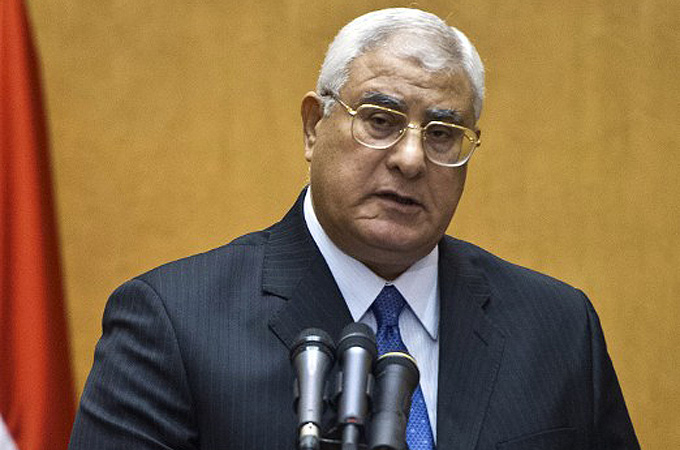By Brian Lanciault
Impunity Watch Reporter, Asia
NEW DELHI, India– A series of blasts tore through the Mahabodhi Temple, in the Bodhgaya district of India’s Bihar State this morning. The temple is one of India’s most revered sites, where Buddha himself first gained enlightenment, and attracts thousands of pilgrims daily. Reports thus far indicate that only two people were injured from the blasts.

Union Home Secretary, Anil Goswami, confirmed that the blasts were a terror attack. Bihar Police suspect the involvement of the Indian Mujahideen in the blasts. Bihar chief minister Nitish Kumar condemned the attack at the temple and demanded the Central Industrial Security Force (CISF) be deployed to protect the famous Buddhist shrine.
“The serial blasts deserve strongest condemnation in strongest possible words as the perpetrators targeted the place of religious faith of crores of people with an aim to create fear among them,” he told reporters after inspecting the blast sites at the Mahabodhi Temple.
According to Gaya Police, the blasts occurred in quick succession between 5.30am and 6:00am in the temple complex near the Mahabodhi tree. One of the blasts erupted under the tree causing partial damage to the Buddha footprints in the shrine. Four blasts occurred inside the shrine, while another three blasts took place in the Tregar monastery area. Blasts also occurred near the great Buddha statue and a bus parked on the Sujata bypass. Arvind Singh, a member of Mahabodhi Temple Management Committee reported that two other bombs, one found near the massive Buddha statue and one at a bus stand were safely defused.
The Secretary of the Bodh Gaya Committee Dorji said, “There were four blasts inside the temple premises. Fortunately, there was no damage to the Bodhi Tree or the main temple structure. In the first blast which took place near the Bodhi tree, a table was blown up because of which two persons were injured. The second blast, I think, was inside the enclosure where books were kept. The furniture was damaged but there was no damage to the monuments or statues.”
Police have since sealed access to the temple, permitting only temple personnel and investigators access the premises. The daily prayers will continue as scheduled, though no members of the general public will be permitted to enter for some time.
The bombs were described as “low intensity” by police, and Indian security personnel have indicated that they had suspicions of an imminent attack at the temple. S K Bahardwaj, ADG, reported “We got information about six-seven months back that there may be a terror attack on the Mahabodhi temple. After that we had beefed up security and deployed extra forces”.
Generally the temple is guarded by minimal security personnel, with a pair of officers stationed at the entrance, and a handful of private security officers patrolling inside the shrine. At this time, no deaths have been reported.
Indian Prime Minister Manmohan Singh strongly condemned the blasts, saying “Such attacks on religious places will be never be tolerated.”
For more information, please see:
Times of India — Terror strikes Bodh Gaya, serial blasts rock Mahabodhi Temple — 7 July 2013
NDTV — Bodhgaya: Eight blasts in Mahabodhi temple; two injured — 7 July 2013
Times of India — Prayers continue at Mahabodhi Temple, visitors barred for now — 7 July 2013
New York Times — Bomb Blasts at India’s Buddhis Mecca in Bihar — 7 July 2013
BBC — Blasts at Indian Buddhist shrines of Bodhgaya in Bihar — 7 July 2013


